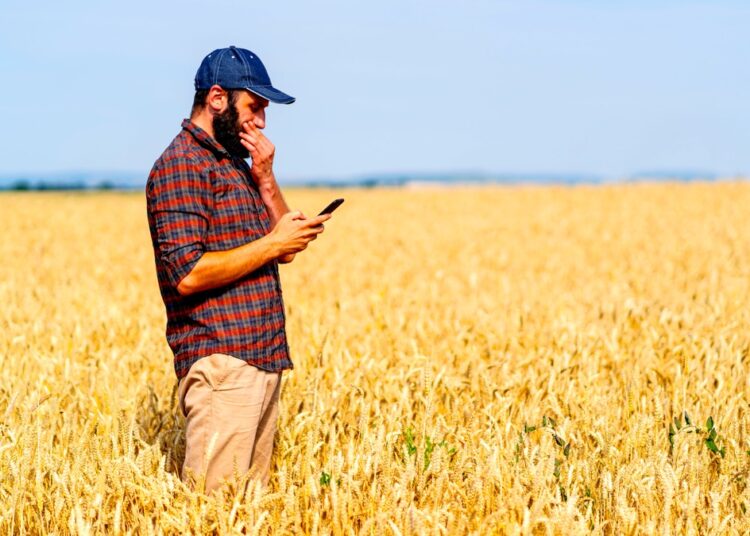The Struggles of the Modern-Day Farmer in a Political World
Introduction
The modern-day farmer faces complex challenges that extend beyond the fields and barns. As globalization, technology, and politics continue to shape the agricultural landscape, farmers are forced to navigate an increasingly intricate web of obstacles. This article delves into the struggles faced by today’s farmers in a political world, exploring issues such as international trade, government policies, climate change, and socio-economic disparities.
International Trade and its Impact on Farmers
In a global economy, farmers are subject to the uncertainties and fluctuations of international trade. The demand for agricultural products is no longer confined to local or regional markets but is influenced by the needs and preferences of consumers across the globe. Trade agreements, tariffs, and import/export policies significantly impact the livelihood of farmers, often leaving them vulnerable to market forces beyond their control.
For example, the ongoing trade war between the United States and China has left American farmers reeling from the fallout. Retaliatory tariffs imposed by China have significantly affected the export of U.S. agricultural products, leading to financial strain and uncertainty for many farmers.
Government Policies and Regulations
Farmers must also contend with a myriad of government policies and regulations that dictate how they can manage their land, resources, and operations. While some regulations aim to protect the environment or ensure food safety, they can also impose significant burdens on farmers, particularly small-scale operations that may struggle to comply with costly and time-consuming requirements.
Moreover, government subsidies and support programs can create market distortions, disadvantaging some farmers while benefiting others. For instance, large-scale agribusinesses often receive a disproportionate share of subsidies, making it difficult for smaller, family-owned farms to compete and survive.
Climate Change and Environmental Concerns
The effects of climate change pose a significant threat to farmers worldwide. Erratic weather patterns, including droughts, floods, and extreme temperatures, can wreak havoc on crop yields and livestock health. Farmers must adapt to these changing conditions, often investing in new technologies and practices to mitigate the impacts of climate change on their operations.
Additionally, farmers are increasingly under pressure to adopt environmentally sustainable practices, reduce greenhouse gas emissions, and protect natural resources. Balancing environmental stewardship with productivity and profitability presents a formidable challenge for modern-day farmers navigating a political world that demands action on climate change.
Socio-Economic Disparities and the Plight of Small-Scale Farmers
The modern agricultural landscape is characterized by growing socio-economic disparities between large-scale agribusinesses and small-scale family farms. Corporate consolidation within the industry has led to increased competition and financial strain for smaller operations. Many struggle to access credit, invest in new technologies, or diversify their operations to remain competitive.
In a political world where the interests of corporate agriculture often prevail, small-scale farmers can feel marginalized and overlooked. This trend is particularly concerning given that family farms often play a vital role in preserving rural communities, local economies, and cultural heritage.
Conclusion
Today’s farmers face an array of challenges in a political world that is constantly evolving. From navigating international trade disputes and adapting to government policies to confronting the realities of climate change and socio-economic disparities, the modern-day farmer must be resilient, resourceful, and adaptable. As the world continues to grapple with issues such as food security, environmental sustainability, and rural development, it is crucial to recognize and address the unique struggles faced by farmers at the forefront of these challenges. Only then can we ensure a thriving and sustainable future for agriculture and the communities it supports.













